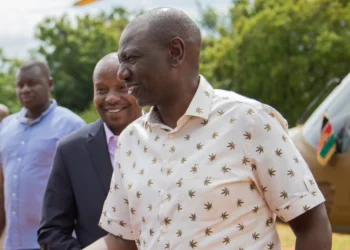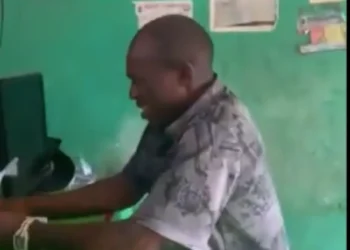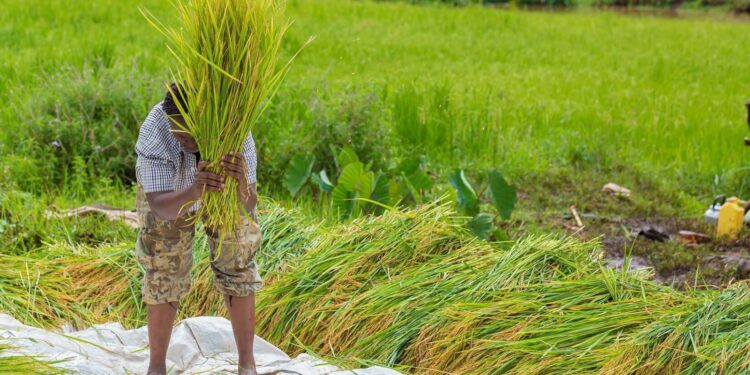Waiguru’s deleted Mwea rice post has ignited fresh fury among farmers and politicians, highlighting the ongoing crisis gripping Kenya’s key rice belt. The Kirinyaga governor’s now-vanished message laid bare the devastating impact of duty-free basmati imports on local Pishori producers, just as a bumper harvest looms.
Her words, shared briefly on social media before being scrubbed, echo long-standing grievances and appear to validate sharp rebukes from former Deputy President Rigathi Gachagua, who had slammed her for greenlighting the imports despite overflowing local stores.
In a post timestamped early Thursday morning, Governor Anne Waiguru painted a stark picture of the struggles facing Mwea rice farmers. “Our Mwea rice farmers have invested heavily to produce high-quality Pishori rice, spending about Ksh. 60 per kilogram,” she wrote, showing the backbreaking costs of cultivation in the irrigation scheme that feeds much of Kenya’s staple grain needs.
She decried how recent duty-free basmati shipments from Pakistan have saturated the market, driving down prices at the worst possible moment.
With harvest season approaching, farmers who poured resources into quality yields now face the risk of selling at a loss, jeopardising livelihoods built over decades.
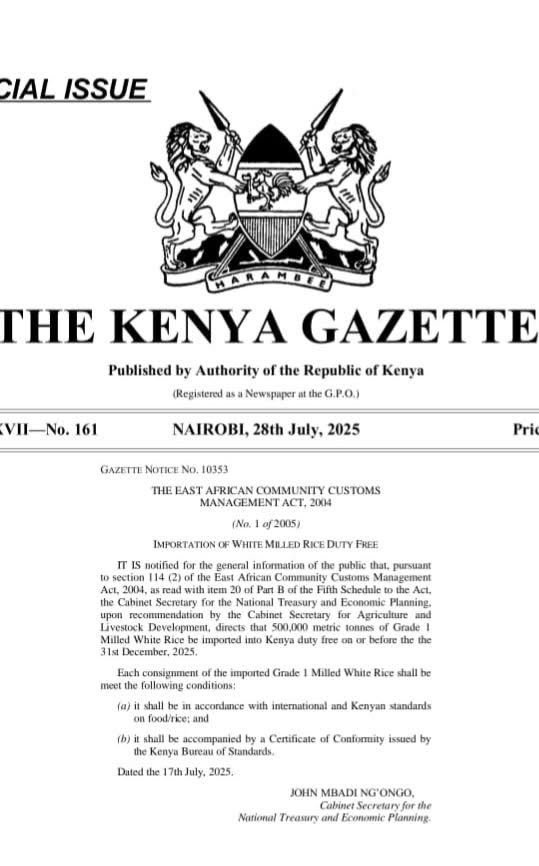
Waiguru’s plea cut deep into national priorities. She called on the central government to urgently prioritise Mwea rice procurement, bolstering local production to shield thousands of households from collapse. “Safeguarding this sector means securing thousands of households that depend on rice farming and advancing Kenya’s goal of true food security and agricultural self-reliance,” she added, tagging key figures like President William Ruto and Treasury CS John Mbadi.
Accompanied by four striking images of lush Mwea paddies and weary harvesters, the post quickly drew support from allies but also swift backlash, leading to its deletion hours later.
Speculation swirled online: was it political pressure or a misstep in timing amid her rocky ties with Nairobi? This outburst arrives amid a summer-long saga over the government’s July gazette notice permitting up to 500,000 metric tonnes of duty-free Grade 1 rice imports through December 2025.
Intended to curb inflation and shortages, the policy instead unleashed chaos in Mwea, where silos brim with unsold Pishori at prices dipping below Ksh. 70 per kilo, far short of production costs.
Farmers, many smallholders reliant on the National Irrigation Authority’s schemes, report losses mounting into millions. A High Court injunction in August temporarily halted further shipments pending review, but imports already in port have trickled in, exacerbating the glut.
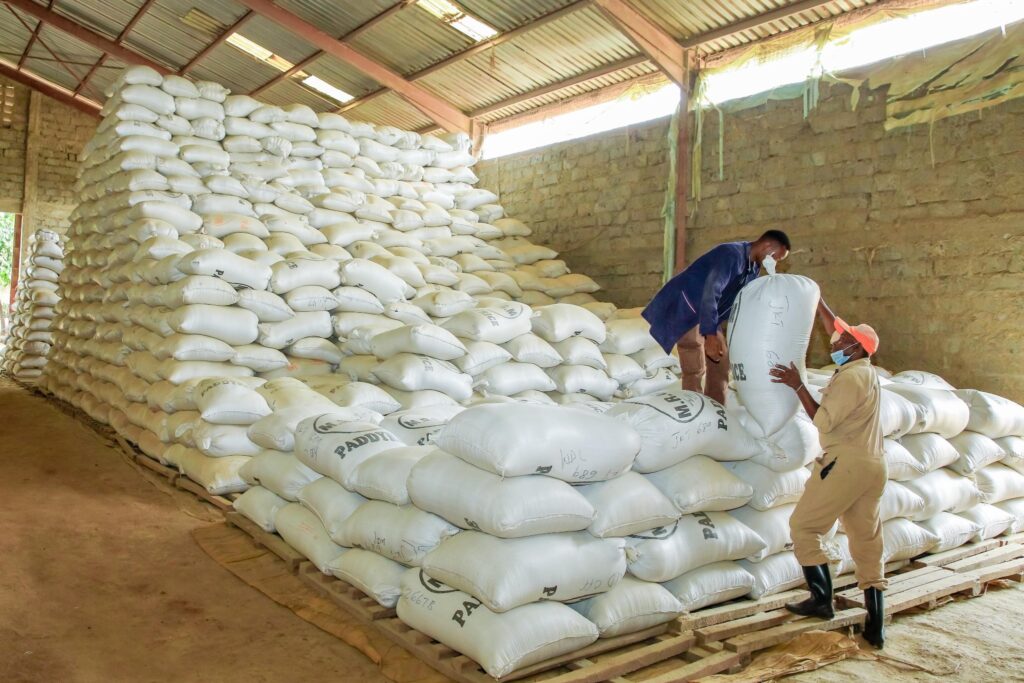
Enter Rigathi Gachagua, whose barbs against Waiguru now ring prophetic. The former deputy president, ousted in a dramatic impeachment last year and nursing ambitions in Mt Kenya politics, had repeatedly torched the governor for complicity in the import fiasco.
In mid-July rallies, he accused her administration of “betraying” Mwea growers by failing to lobby harder against the policy, even as local warehouses overflowed.
“Kirinyaga’s rice belt is bleeding because leaders like her prioritise deals over our people,” Gachagua thundered at a stormy gathering in Kutus, vowing to unseat her if he launches a gubernatorial bid.
His words drew cheers from irate farmers but ire from Waiguru’s camp, who branded him a divisive agitator. Waiguru’s deleted Mwea rice post, in essence, hands Gachagua a silver bullet.
By admitting the imports’ ruinous toll, she inadvertently corroborates his narrative of neglect. Social media erupted with memes and threads hailing the vindication, one viral post quipping, “Gachagua called it months ago; now even the boss sees the flood.”
The ripple effects stretch beyond politics. Mwea, irrigating over 40,000 acres and producing 80 per cent of Kenya’s rice, employs tens of thousands directly and indirectly.
Economists warn that unchecked imports could idle mills, spike unemployment, and erode the Sh20 billion annual sector value.
Advocacy groups like the Kenya Peasants League have filed suits, demanding subsidies for local milling and export quotas for Pishori, prized for its aroma in East African markets.
Government spokespeople, including Agriculture CS Mutahi Kagwe, defend the imports as a “temporary bridge” to stabilise prices, promising off-take agreements for Mwea surplus by quarter’s end.
But trust is thin. Waiguru’s earlier August plea to “mop up all local produce first” went unheeded, fuelling suspicions of favouritism toward importers.
As one Mwea elder told reporters, “We’ve fed the nation for generations. Now, foreign grains choke us while leaders bicker.”

